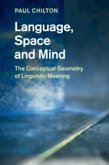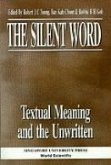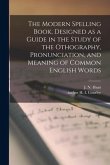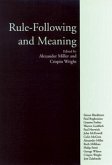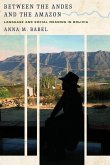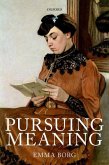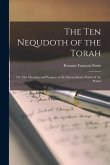Each new book by Owen Barfield makes it increasingly certain that he is one of the tiny number of truly original and creative thinkers of out time. In the present work, based on lectures read at Brandeis University in 1965, Mr. Barfield sets out to consider what light the three subjects of history, language, and literature can be made to shed on each other. These topics have been among his central interests for four decades of study and writing; and as his readers have come to expect, his consideration of them is wonderfully subtle, far-ranging, and buttressed by impressive erudition. That his conclusions are as startling as they are logical goes without saying. Owen Barfield was for many years a practicing solicitor in London and a regular contributor to such journals as The New Statesman and The London Mercury. He is the author of highly original and stimulating books, including Worlds Apart, Unancestral Voice, and Romanticism Comes of Age. Since his retirement in 1959, Mr. Barfield has lived in Dartford in Kent, though in recent years he has spent periods in the United States in residence at Drew University, Brandeis University, and Hamilton College. Owen Barfield, who died in 1997 shortly after entering his hundredth year, was one of the seminal minds of the twentieth century, of whom C. S. Lewis wrote he towers above us all. His books have won respect from many writers other than Lewis, among them T. S. Eliot, J. R. R. Tolkein, and Saul Bellows, and John Lukacs. He was born in North London in 1898 and received his B.A. with first-class honors from Wadham College, Oxford, in 1921. He also earned B.C.L., M.A., and B.Litt. degrees from Oxford and was a fellow of the Royal Society of Literature. He served as a solicitor for twenty-eight years until his retirement from legal practice in 1959. Barfield was a visiting professor at Brandeis and Drew Universities, Hamilton College, the University of Missouri at Columbia, UCLA, SUNY-Stony Brook, and the University of British Columbia, Vancouver. His books include seven others published by The Barfield Press: Romanticism Comes of Age, Worlds Apart: A Dialogue of the 1960s, Unancestral Voice, Speaker's Meaning, What Coleridge Thought, The Rediscovery of Meaning, and History, Guilt and Habit.


